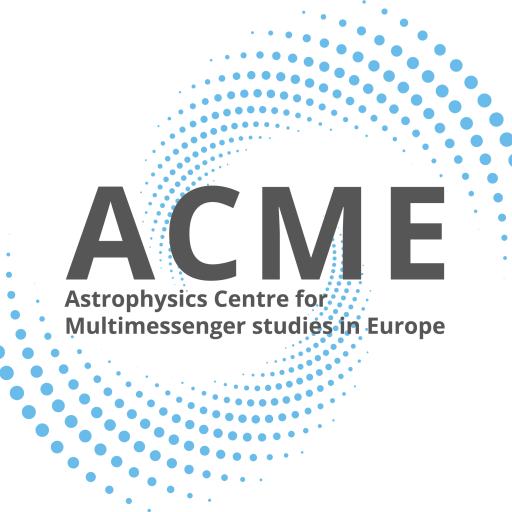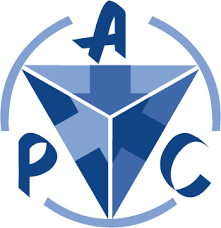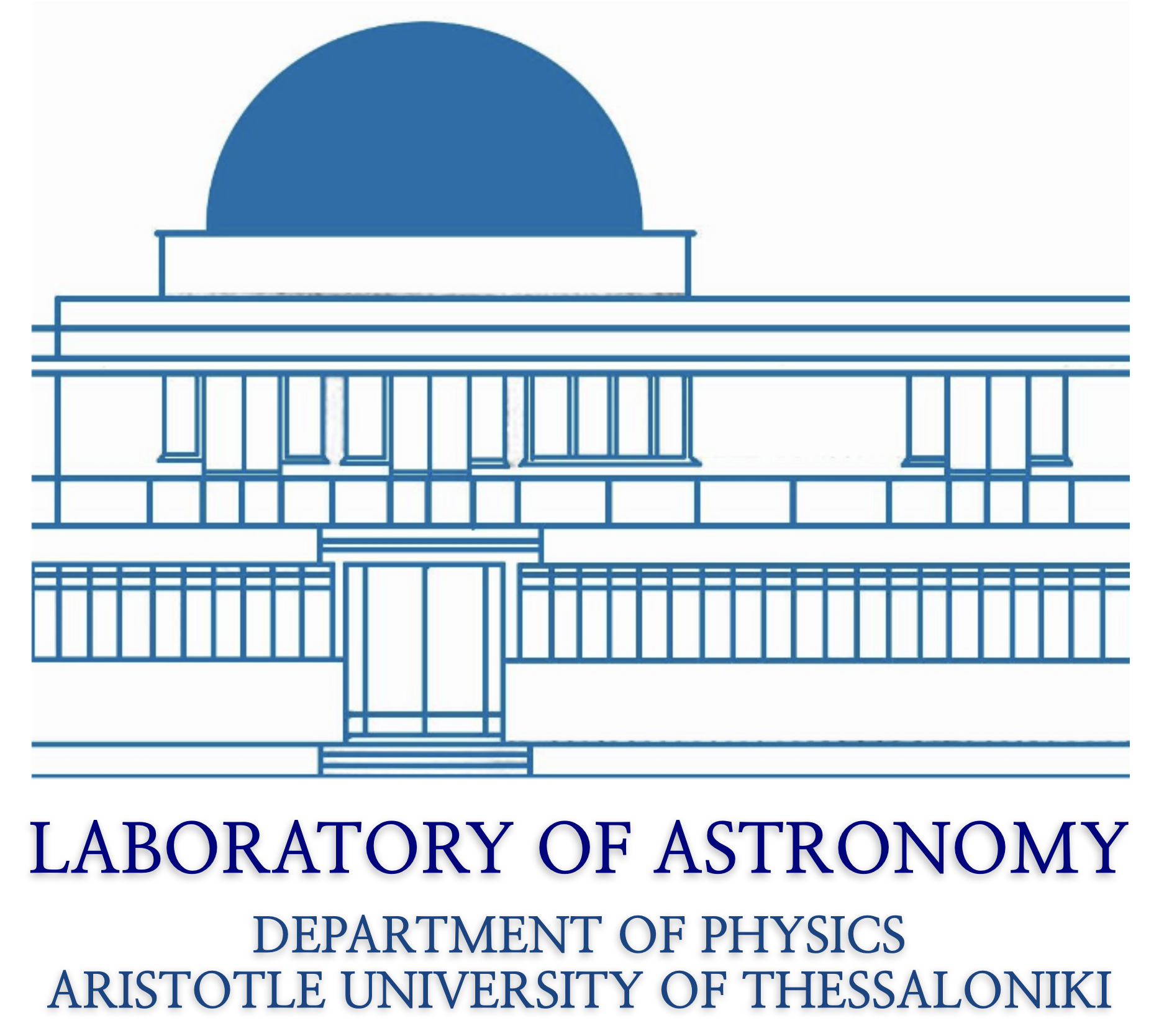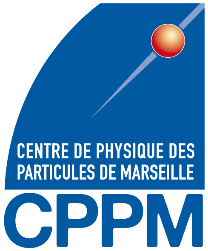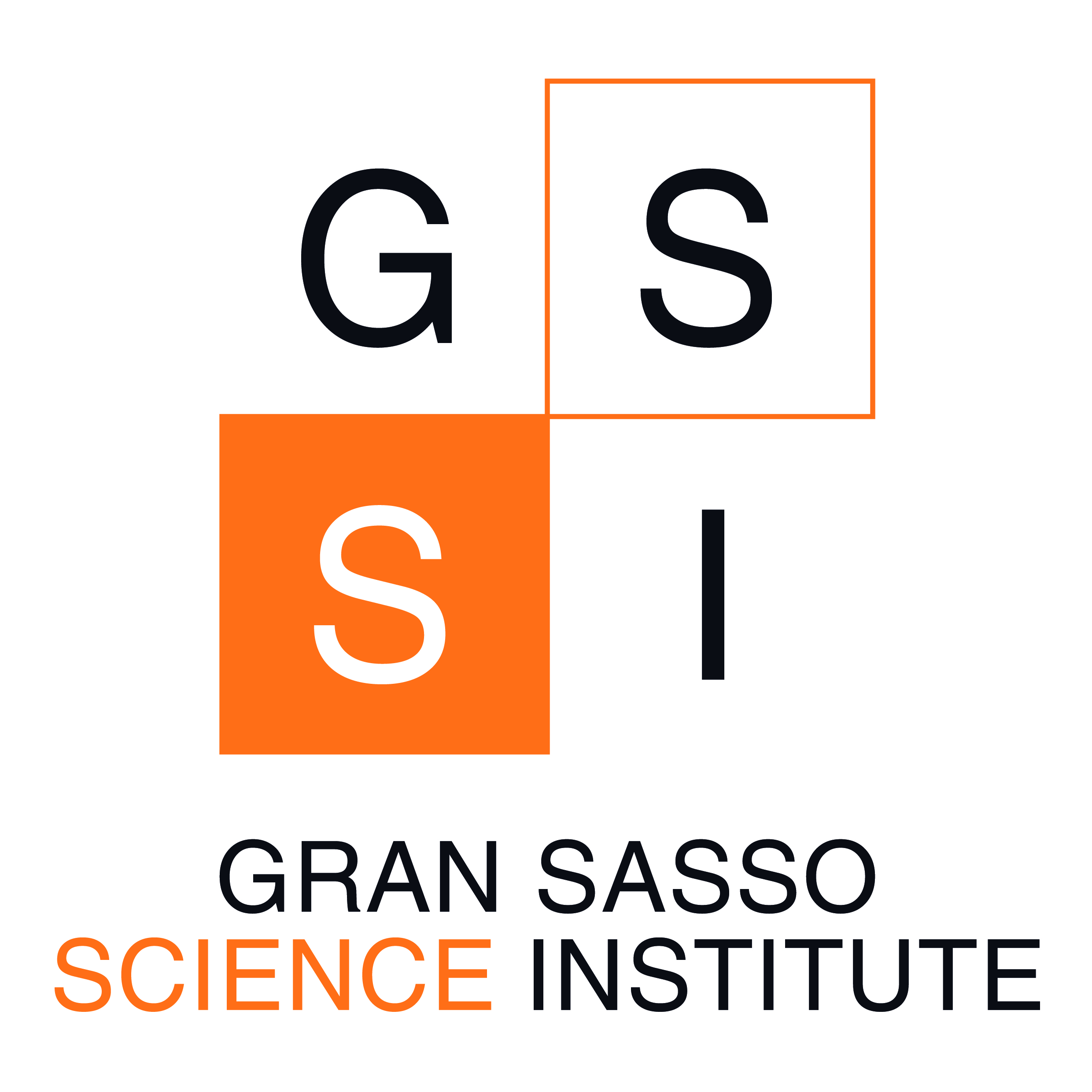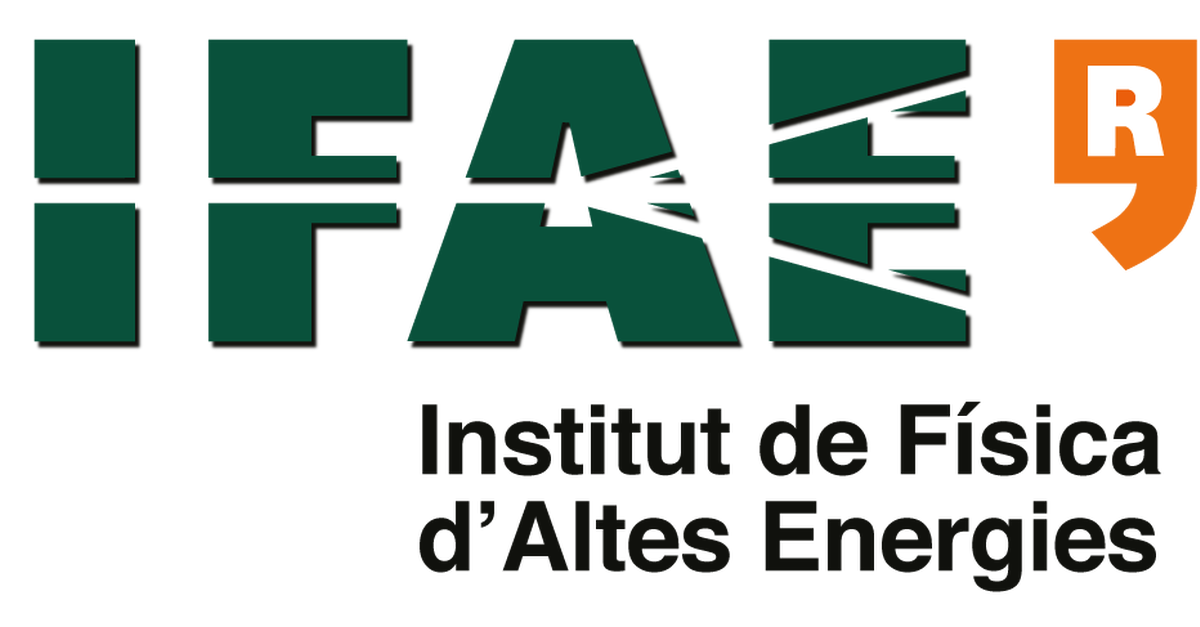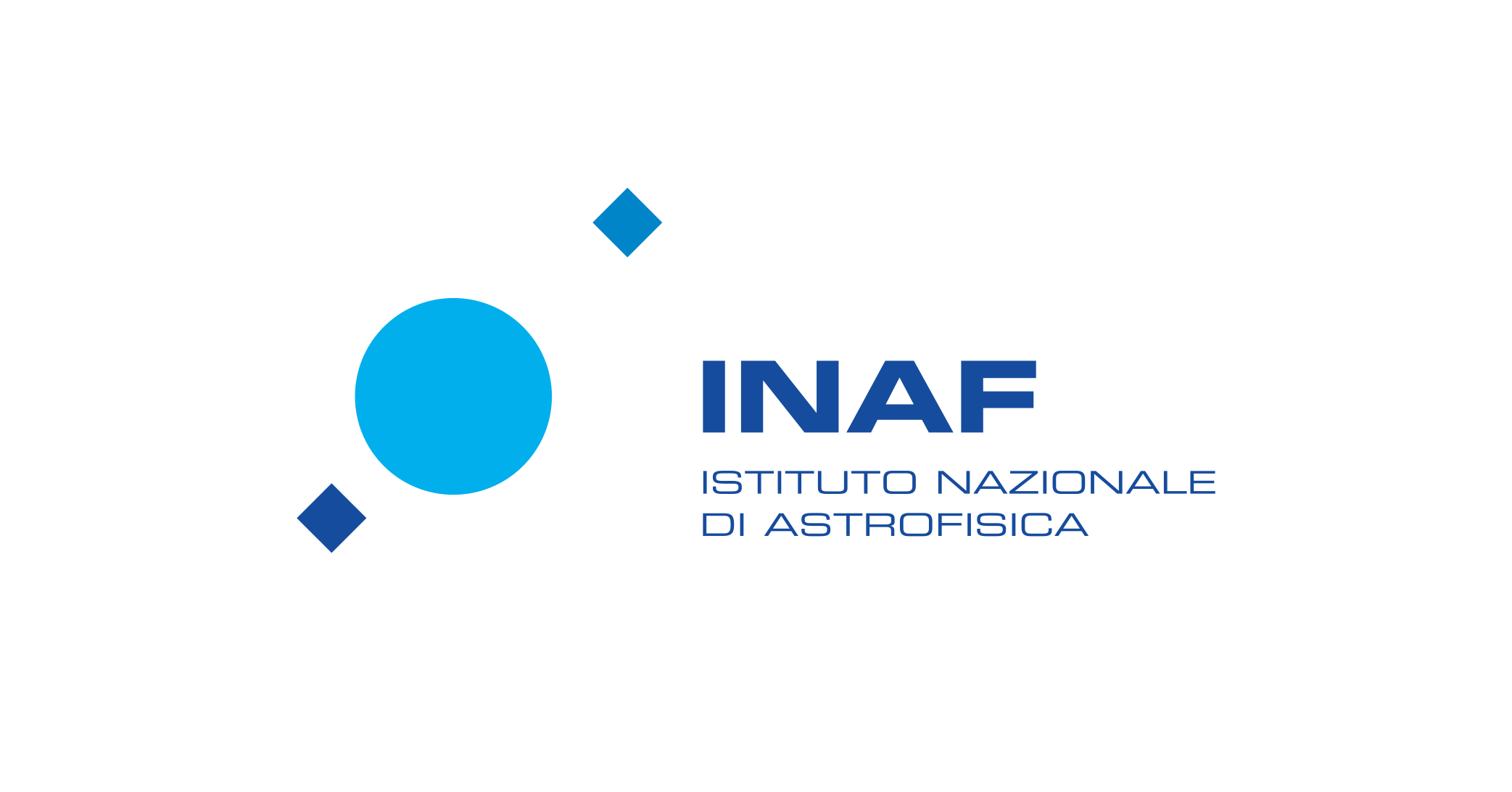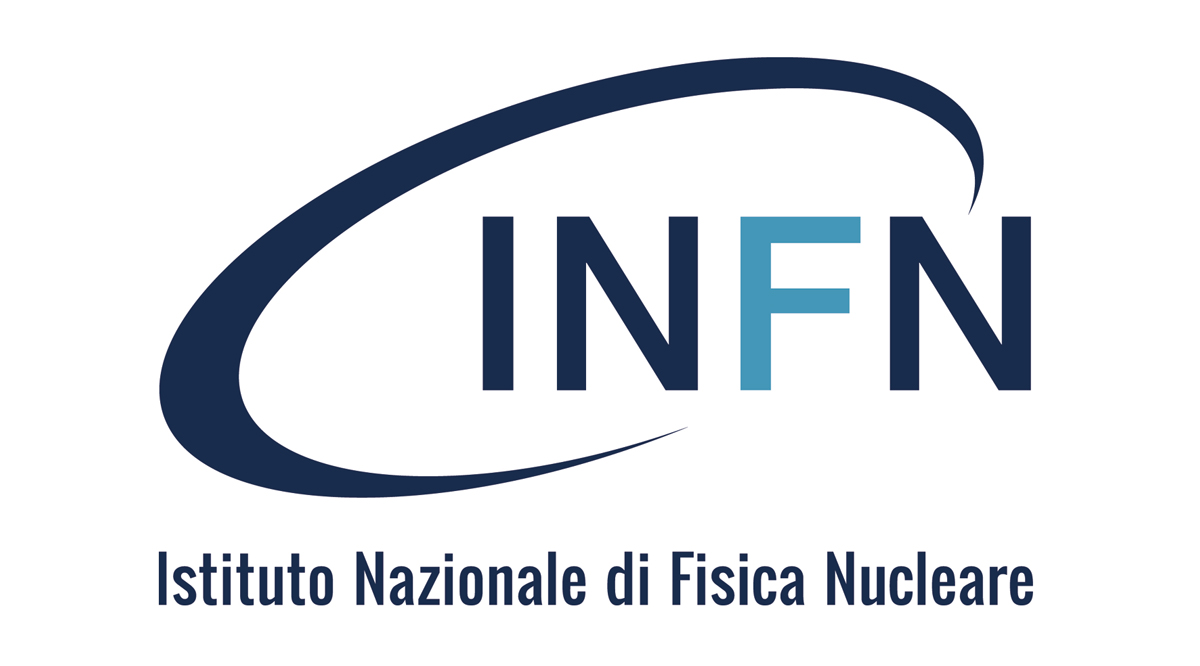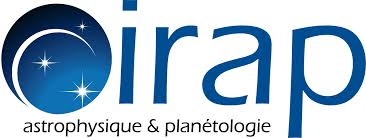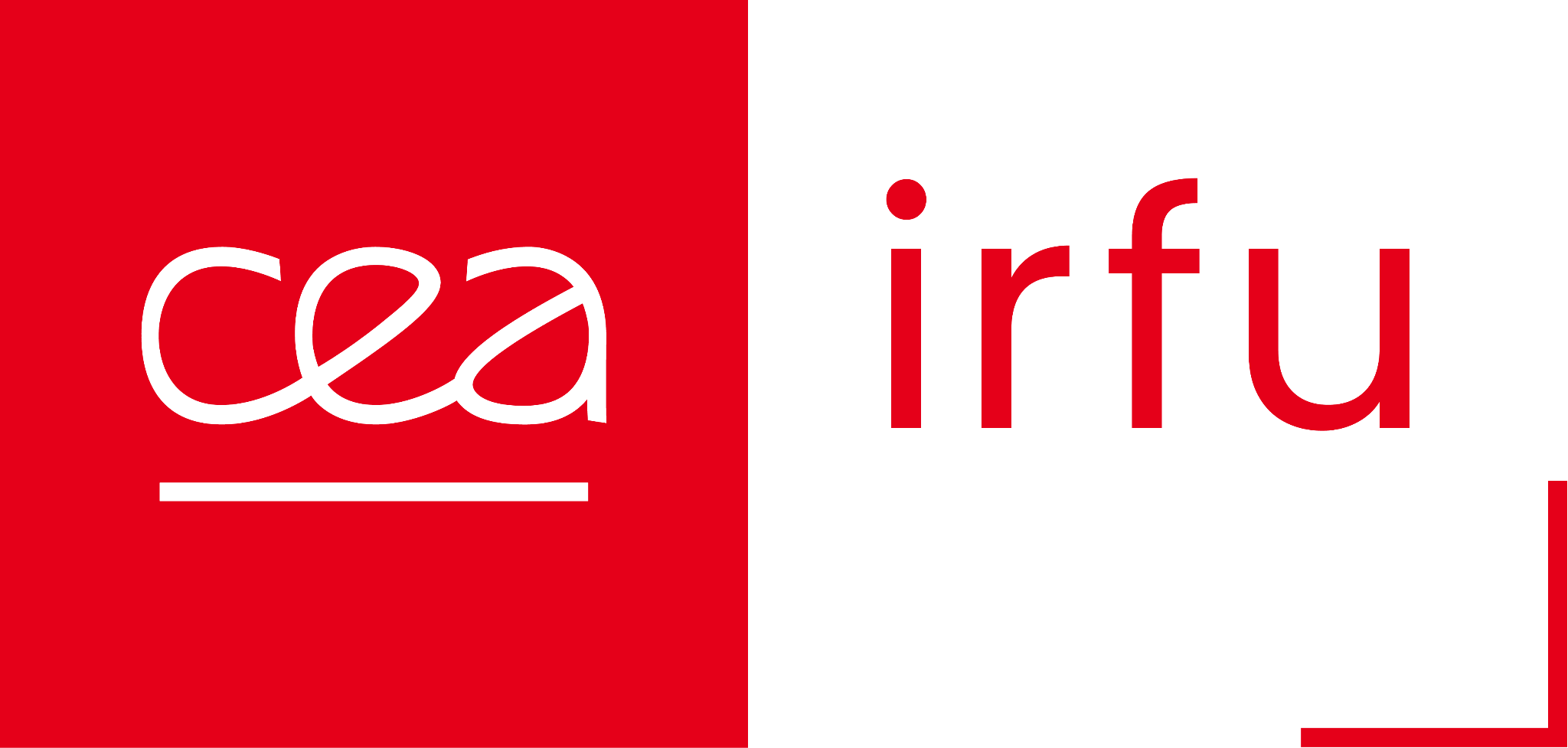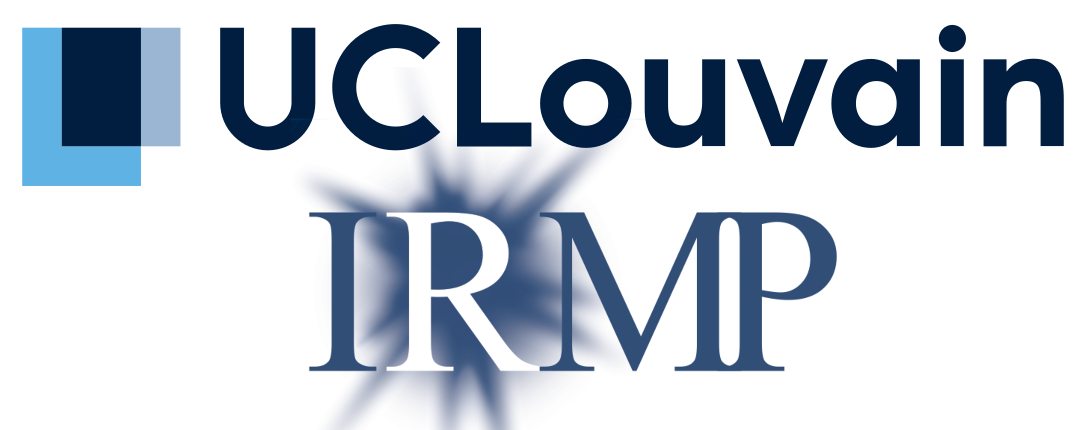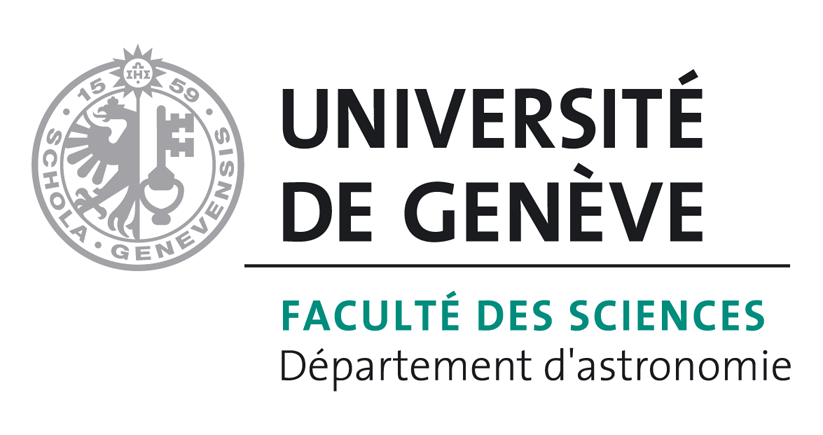TNA Calls - Centres of Expertise
This call aims to support research visits to European institutes that provide direct training and expert guidance in multi-messenger astronomy. The program covers a wide range of domains, including gravitational waves, neutrinos, cosmic rays, and photons across the entire electromagnetic spectrum, from very-high-energy gamma rays to X-rays, UV, optical, near-infrared, and radio bands. The goal is to enhance and expand expertise in the observational, data analysis, and theoretical aspects across the various ACME messengers and multi-wavelength domains.
Eligible candidates are scientists from research institutes and universities in both EU and non-EU countries.
The second call opens on 8 September 2025, with a submission deadline of 8 October 2025 at 17:00 CET. Research visits are expected to take place before the end of April 2026.
Procedure
Proposals must be submitted via the website (see form below) by individual scientists, ranging from PhD candidates to senior researchers. The visit duration is 5 working days for one-week visits and 10 working days for two-week visits. Travel costs and daily allowances will be reimbursed based on actual local expenses, with typical reimbursement rates of 400€ for travel and 130€/day for subsistence.
Applicants are required to describe how the proposed visit will benefit their research, provide a ranked list of up to two potential hosts, and explain how they would make use of the expertise available at each host institution. Additionally, they must submit their CV, and PhD students should include a brief covering letter from their supervisor.
The applicant can apply for access (visit) to an institution located in a country other than the country of their home institution.
Access for a User(s) not working in an EU Member State or Horizon Europe-associated country is limited to 20% of the total amount of Units of Access provided under the ACME grant.
List of host institutions
By clicking on the name of each institution, you will find detailed information about the expertise provided and the scientists involved.
For each institute, the applicant can find the email of the main contact scientist who can provide more information.
APC
The Astroparticule and Cosmology (APC) laboratory was created in 2005 and is co-directed by CNRS and Université Paris-Cité. It includes 220 people whose activities are organised around five scientific groups: cosmology, gravitation, high-energy astrophysics,...
AUTh Laboratory of Astronomy
The Laboratory of Astronomy at the Aristotle University of Thessaloniki (AUTh), a research unit of the Department of Physics, was founded in 1943, and is a leading center for astronomical research and education in Greece. It focuses on areas like general relativity,...
BUW
The department of astroparticle physics is a part of Faculty of Mathematics and Natural Sciences at the University of Wuppertal. The group has been a founding member of the Pierre Auger Observatory with major contributions to the fluorescence telescopes, the readout...
CPPM
The Centre de Physique des Particules de Marseille (CPPM), located on the Luminy campus, is a high energy experimental physics laboratory involved in the fields of Particle Physics, Astroparticle Physics and Cosmology. CPPM is under the supervision of CNRS and...
GSSI
The Gran Sasso Science Institute, located in L’Aquila, Italy, is an international doctoral school and research center focused on Astroparticle Physics, Mathematics, Computer Science, and Social Sciences. GSSI is in L’Aquila, Italy and it currently hosts around 150 PhD...
IFAE
The Institut de Física d’Altes Energies (IFAE) is a consortium of the Generalitat de Catalunya and the Universitat Autònoma de Barcelona (UAB), founded in 1991. Its multidisciplinary efforts cover high-energy particle and astroparticle physics, cosmology, and the...
IGFAE
The Instituto Galego de Física de Altas Enerxías (IGFAE) is a consortium of the Xunta de Galicia and the Universidade de Santiago de Compostela (USC) comprising about 150 scientists. It has been awarded twice the prestigious Maria de Maeztu distinction and is fully...
INAF
The Italian National Institute for Astrophysics (INAF) is responsible for promoting, organizing, coordinating and conducting research activities in the field of astrophysics in Italy, covering a wide range of astrophysical fields, including cosmology, astroparticle...
INFN
INFN is the Italian research agency dedicated to the study of the fundamental constituents of matter and the laws that govern them. It conducts theoretical and experimental research in the fields of subnuclear, nuclear and astroparticle physics. All of the INFN’s...
IRAP
The Institut de Recherche en Astrophysique et Planétologie (IRAP, UMR5277) in Toulouse is a Joint Research Unit under the auspices of the CNRS, the University Toulouse III and the French Space Agency (CNES). It one of the nine laboratories making up the Observatoire...
IRFU
Multi-messenger at IRFU The French Alternative Energies and Atomic Energy Commission (Commissariat à l’Énergie Atomique et aux Énergies Alternatives, CEA), is a public government-funded research organization. The Institute of Research on the Fundamental Laws of the...
L2IT
The “Laboratoire des 2 Infinis – Toulouse” (L2IT) is a joint research unit of CNRS, via the Institut National de Physique Nucléaire et de Physique des Particules (IN2P3), and the Université Toulouse III – Paul Sabatier. Researchers and engineers at L2IT are studying...
SRON
SRON is the Dutch national expertise institute for scientific space research. Our scientific focus points are low- and high-energy astrophysics, exoplanets and studies of the Earth's atmosphere. In these scientific areas, we develop detection technologies and provide...
UCLouvain
The Research Institute in Mathematics and Physics (IRMP) of UCLouvain develops frontier research in Fundamental Physics and Pure Mathematics. The main purpose of this research is increasing and preserving knowledge in the most fundamental domains of Science. In...
UNIGE
The Department of astronomy of the University of Geneva hosts several projects that are of interest to provide scientific expertise for astrophysical multi-messenger observations. There are four main research directions: Exoplanetary Systems, Stars Formation &...
Selection process
Visiting users will be selected through a competitive process based on the quality of the scientific applications and the suitability between the proposed project and the required TNA providers.
Proposals will be peer-reviewed by the ACME selection panel, consisting of six renowned experts in the ACME domains. Proposals will be ranked based on scientific merit. Priority will be given to students, early-career researchers, and in general non-skilled users. Additionally, the panel will consider location and gender balance.
Visit arrangements
The dates of the visit will be agreed between the user and the host institution’s experts within the period specified in the call.
During the visit, the user will be provided with office space, internet access, and access to high-performance computing resources (if included in the planned activities). One or more experts will be assigned as contact scientists, responsible for training, mentoring, and ensuring the availability of software packages, documentation, tutorials, and hands-on sessions. Experts will be available throughout the visit to support the user.
The host institute is committed to providing an intellectually stimulating environment, encouraging the user to participate in the institution’s regular research activities (such as seminars, group meetings, and journal clubs) to foster collaborations that can continue after the user returns to their home institution. The institute will also offer practical assistance with arranging travel and accommodation for the visit. Users are responsible for any visa and both travel and medical insurance requirements.
Following their visit, users will be asked to submit a brief report and provide feedback.
Publications resulting from work carried out under ACME TNA activity must acknowledge the support of the European Community and the ACME Project (grant agreement n. 101131928) and should include the following acknowledgment:
This paper is supported by the European Union’s Horizon Europe research and innovation programme under grant agreement No 101131928, project ACME.
Each selected user is required to provide the contact person at the host institute and the coordinators of the Centres of Expertise with a list of publications resulting from the work conducted under this TNA activity, published in journals or conference proceedings. For each publication, please include the following details:
-
- The title of the user project that led to the publication
- Authors, Title of the publication, Year of publication
- Type of publication (e.g., article in a journal, conference proceedings, book/monograph, book chapters, thesis/dissertation, etc.)
- DOI (if available)
- Whether the publication is available under Open Access”
Application form for TNA call
The call is now closed
